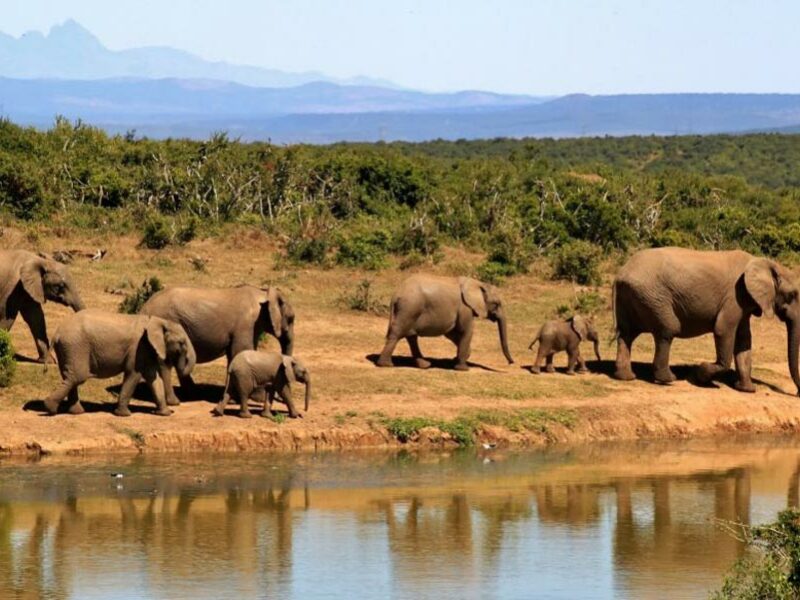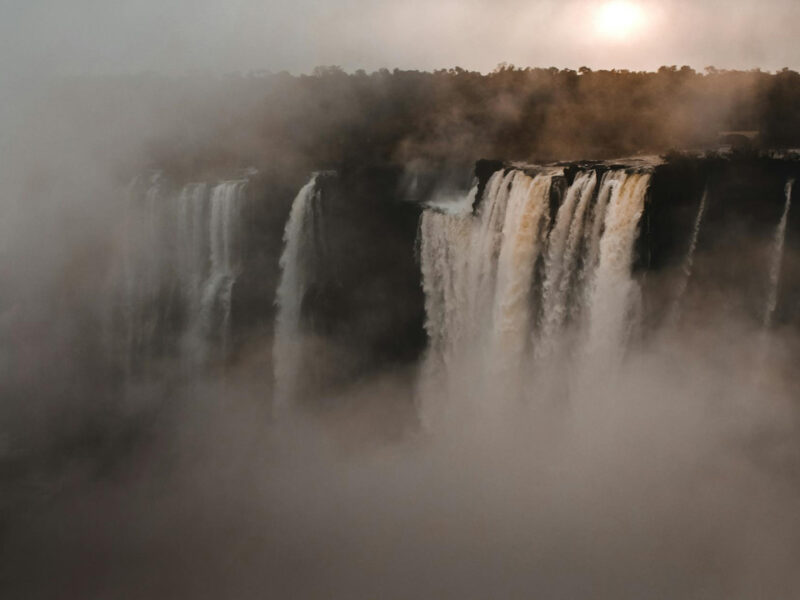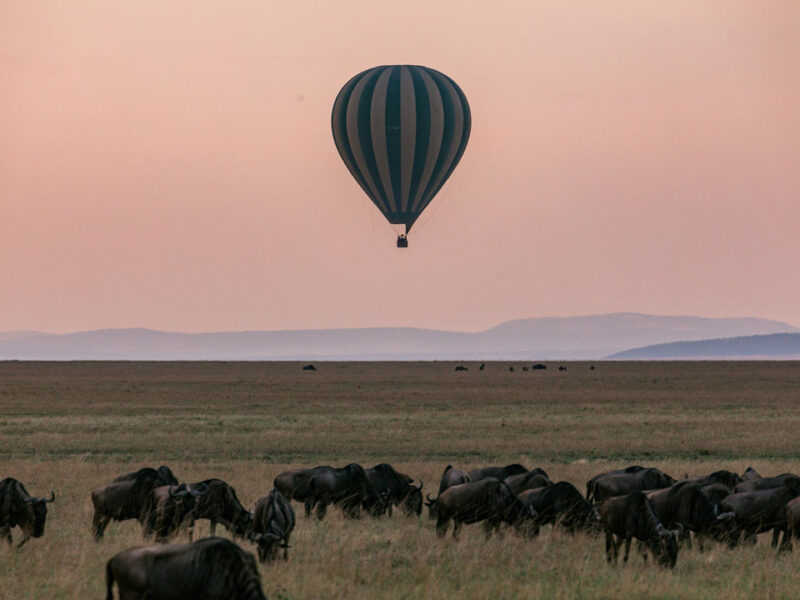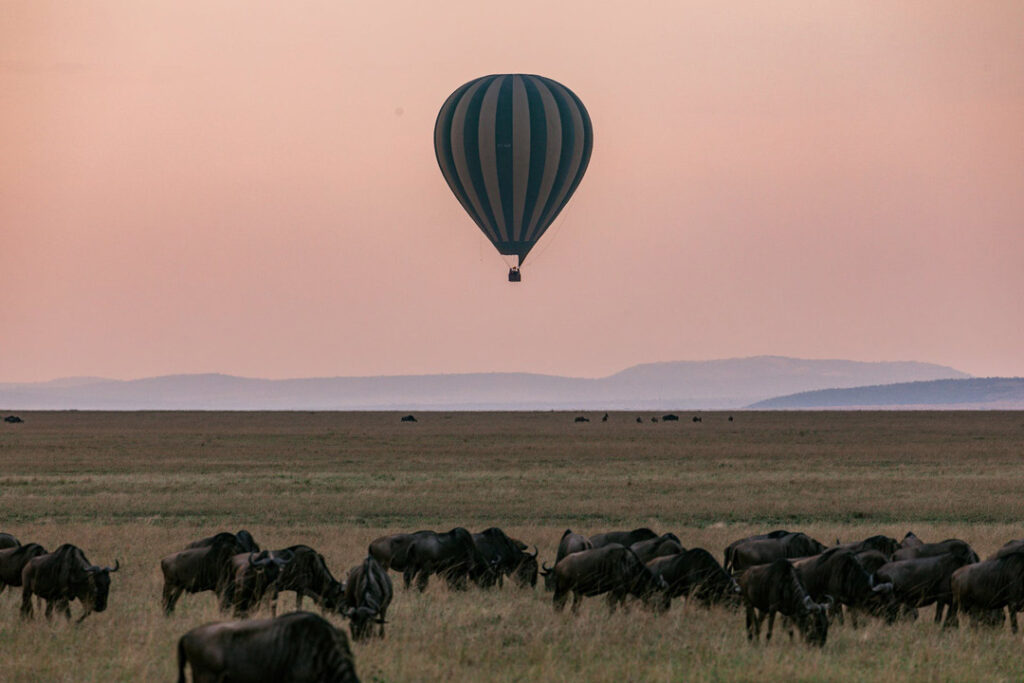Why are Africa hunts growing in popularity?
Any hunter crossing international waters for a hunting safari in Africa knows one thing for sure, the pull of Africa is irresistible, and the experience is intoxicating. There is something truly extraordinary about the African continent, from the rolling hills, the highest of mountains, and the deepest gorges to the coldest and darkest oceans.
Until you experience an African big game hunting safari, you will not have experienced life to its fullest – and that’s a promise!
Big game hunting enthusiasts will keep coming back to Africa until health, finances, age, or some other factor beyond their control, make yet another hunting safari an impossibility. That is the true lure of Africa.
[DYNAMIC-BLOGTABLEOFCONTENT]
Some famous African Quotes
Africa changes you forever, like nowhere on earth – Brian Jackman
You cannot leave Africa; it will always be with you – Bridget Dore
Wilderness gave us knowledge and the wilderness made us human – Boyd Norton
Africa, you can see a sunset and believe you have witnessed the hand of God – Jodi Picoult
Africa is beautiful, it feels like God visits everywhere else, but lives in Africa – Will Smith
Just reading these familiar quotes, after the goosebumps have settled, makes one want to immediately book, plan and leave for a hunting adventure in Africa!
A few frequently asked Questions: Africa Hunts
What is the top 5 hunting in Africa?
The top 5 hunting in Africa relate to Africa’s most dangerous animals, including the African elephant, lion, leopard, buffalo, and rhino (white and black). These animals all present a unique set of challenges due to the various hunting techniques and conditions. They are also considered to be the ultimate big game hunting trophies.
What is the big 7 hunting in Africa?
The big or Dangerous 7 hunting in Africa includes the members of the big 5, but added to that we have the Nile crocodile and the hippo.
Trophy Hunting in Africa: Facts and Statistics
African hunts were initially conducted by European explorers and early settlers in the African continents. These hunts were all uncontrolled and in the long term had a devasting impact on certain wildlife species.
In the later years, from the mid-1970s, in line with wildlife management programs, there was the realization and understanding that big game hunting safaris contributed extensively to conservation. Today, African hunts generate over 250 million dollars for conservation initiatives.
Trophy hunting in Africa plays a vital role in the rehabilitation of certain wildlife areas and only targets high-quality and high-value animals. This practice ensures the availability of African big game hunting for future generations. Big game hunting in Africa provides a platform for creating financial incentives for wildlife conservation initiatives.

Popularity of African Big Game Safaris
African hunts have grown in popularity over the last decades due to a few fundamental differences affecting hunting safaris offered by worldwide outfitters.
- Affordability: With many African currencies in recent years plummeting in value against the United States Dollar and other international currencies, this has created stronger international “buying power.” What does this mean? In a nutshell, more value for your “buck.” The South African Rand, pre-1994 was stronger than the US Dollar. In recent years, due to corruption by the ANC Government, the Rand trades between R18.00-R19.50 to the US Dollar.
- Costs of a hunting safari: In Canada, an 8-day moose hunt is offered to the hunter between US$10,000 and $12,000. African hunts for Cape buffalo, a species far more dangerous, will only cost the hunter in countries such as South Africa approximately US$9,000. A combination of moose and grizzly bear hunts in the northern states can cost between US$30,000 and $US40,000. At a substantially lower cost, a hunter can book an African big game hunting safari and hunt, lion, Cape buffalo, and African plains game. Far more value for money.
- Variety and Pricing: In American states such as Texas, exotic African antelope have been imported over the last decades. Some of these antelope include kudu, sable, oryx (Gemsbuck), blesbok, nyala, impala, and Zebra.
The below indices show substantial price variations in the cost of African plains game offered by African outfitters, versus outfitters such as Texas Hunt Lodge in the United States of America.
| Antelope Species | Texas | African Safaris | ||
| Trophy Price | Trophy Price | |||
| Kudu Bull | $27,500 | $3,000 | ||
| Impala | $7,950 | $415 | ||
| Blesbuck | $8,500 | $515 | ||
| Nyala | $17,500 | $2,700 | ||
| Eland | $4,950 | $3,100 | ||
| Oryx (Gemsbok) | $9,500 | $1,700 | ||
| Blue wildebeest | $8,500 | $1,800 |
Even with factoring in adding the costs of international flight costs, accommodation, and firearm permits, Africa hunts are just so much more affordable.
- African Outfitters: Outfitters in Africa are world-class and offer on average three-to-five-star facilities. The increase in price for the hunter to bring along an observer on the hunting safari is on average US$250-350 per day. Considering that the observer will enjoy all facilities provided by the African outfitter, along with meals, game drives, and photographic safari elements, this is value for money.
- Tourism activities in conjunction with the hunting safari: Africa hunts take the hunter to the most remote of African destinations. African countries rely heavily on the proceeds generated by international travelers. Due to the affordability of visiting Africa, game hunting safaris are often extended to enjoy and experience all the other magical offerings of Africa. African outfitters are geared not only for the hunting safari but are in most instances family-friendly and, depending on location, also offer day trips for non-hunters.
Africa boasts seven of the “Wonders of the World,” namely:
- Victoria Falls
- Fish River Canyon
- Mount Kilimanjaro
- Ngorongoro Crater
- Nile River
- Okavango Delta
- Sahari Desert

Serengeti Migration: Another favorite activity to be enjoyed before or after the game hunting safari (if you are lucky enough) is the Serengeti migration which is said to be the greatest show on earth. More than one and a half million blue wildebeest (imagine how many trophy bulls over 30 inches could be available!), along with zebra, Thomson’s gazelle, impala, and eland migrate annually between Kenya and Tanzania. Hot air ballooning, giving a birds-eye-view of the migration, is a favorite activity.

The timing of this migration depends on the annual rainfall, so timing the Africa hunting trip in line with the migration will always be tricky, but like with game hunting challenges, it is always doable.
- Taxidermy: Taxidermists in Africa are world-class and deliver exceptional work and quality. These artists are extremely gifted and understand the make-up of the antelope and game animals. African taxidermists are also affordable, which when considering the cost of the African hunting trip, is a consideration. If hunting in Africa, I would leave my trophies with the local experts, the same token I would not hunt a mule deer in the US and then ship it to Africa.
Some of the best African taxidermists include Nico van Rooyen and Splitting Image.
Grab that perfectly constructed double big-bore rifle, pack your bag, and follow the tracks of one of your dream Africa hunts, there is no other way to live life to its fullest.
Author: P.C. van Wyk
